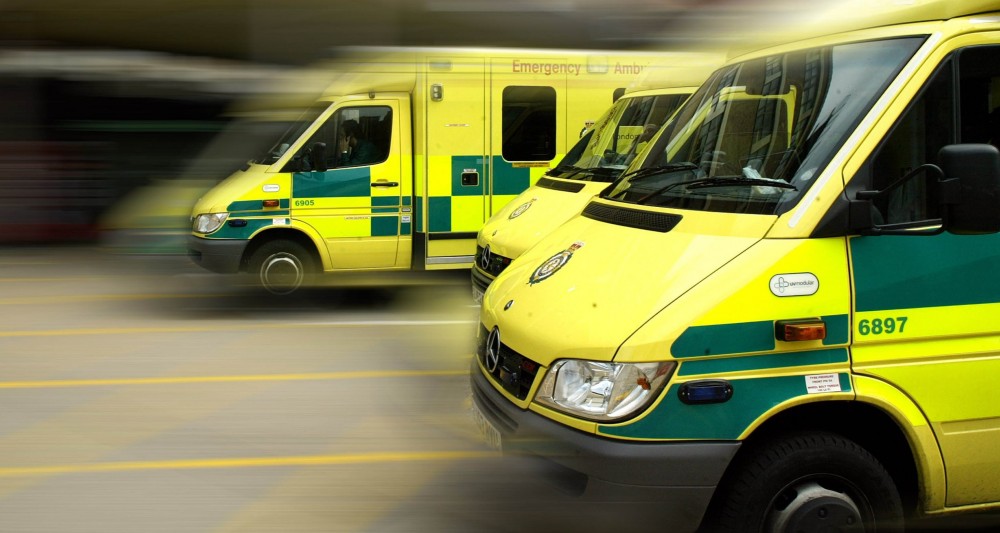All through the night
Working nights has become a new norm, a recent TUC survey has found.
More than 3m people now regularly work through the night, an arrangement that can have a devastating impact on not only physical and mental health but also family life.
While traditionally, men working in manufacturing most commonly worked night shifts, the number of women working at night has increased dramatically – over the past seven years, women working night shifts has shot up by 12 per cent, while during the same time period, the increase for men was only 4 per cent.
The survey also showed that black and ethnic minority people are much more likely to work night shifts than the general population, and that young people under 24 are twice as likely to work at night as young people were 20 years ago.
Night workers subject themselves to significant health risks – many studies have showed that shift work, particularly working nights, can lead to cardiovascular disease, obesity, diabetes and even breast cancer. There’s also a link between night work and depression, ulcers and an increased risk of injury.
While there’s much larger body of evidence pointing to the health risks of night work, only now is more research being done that shows the toll that night work takes on family life.
The TUC report pointed to a Scandinavian analysis of existing research which found that those who work night shifts have greater levels of marital problems and divorce. There was also a link between parents working at night and behavioural and emotional problems among their children.
NHS paramedic Debbie Wilkinson, who is also Unite chair of the national ambulance committee, is one such worker who must brave night shifts.
“It’s incredibly hard,” she told UNITElive. “And because the ambulance service is so strained, night work is exacerbated by the fact that you never finish your shift when you’re supposed to. I was supposed to work two 12 hour shifts earlier in the week, but I ended up working a 14 hour shift and 13 hour shift.
Wilkinson noted that when she must work night shifts, she “essentially writes the whole week off”.
She said, “You’re not able to get the things done like shopping and chores because you’ve got to sleep during the day,” she explained. “Night work can also really affect your concentration, and because our workloads have gone up so much in the last few years, this can be extremely dangerous.”
Health problems
Wilkinson can attest to the health problems that night workers must contend with.
“In our profession, obesity and gastrointestinal problems are very common, mostly because you rarely take your meal breaks on time, and because you’re always so busy, you end up eating rubbish,” she said. “This is made even worse by night work because your body clock is off.
“Of course, night work takes a major toll on your family and social life,” Wilkinson added. “Most people work during the day, so if you have to work regular night shifts, you hardly have time to see your friends and family.”
The TUC highlighted in its report that many employers do not give night shift workers the free health assessments they are entitled under the Working Time Regulations.
Wilkinson notes that she and many of her colleagues are not classified as night workers because they also have regular day time shifts, even though as much as 50 per cent of the work she does is at night.
“Because we aren’t officially night workers, we can’t benefit from the free health assessments night workers have,” she said.
“Of course, night working is part of our job, but the ambulance service is at 97 per cent capacity,” Wilkinson added. “If we want to mitigate the health and social effects of night shift work, recruiting more staff is absolutely paramount, so that shifts can be distributed more evenly. We are at absolute breaking point right now – our workloads have increased relentlessly year-on-year.
“Our bosses should work more closely with us to ensure that when a shift is finished, it’s actually finished,” Wilkinson went on to say. “Working such long shifts, especially at night, is very dangerous for patients.”
Read the full TUC report on shift work, A Hard Day’s Night, here.
 Like
Like Follow
Follow

